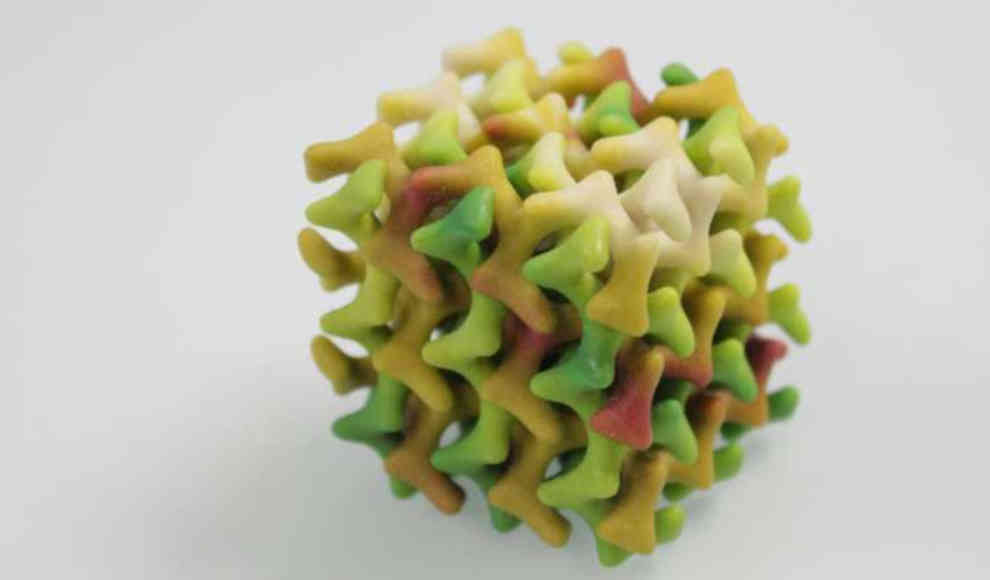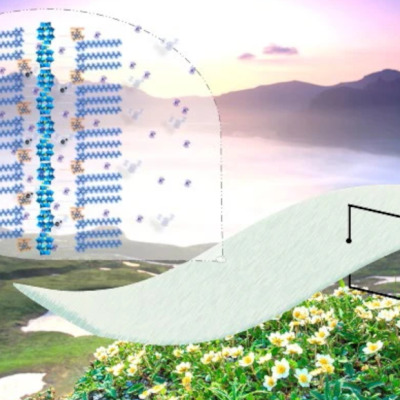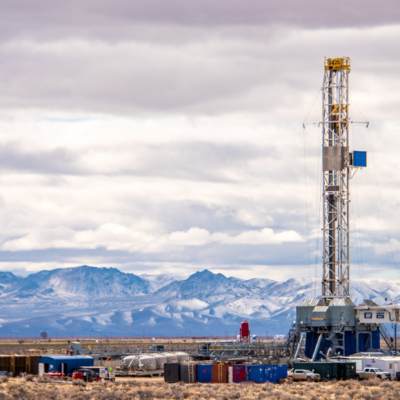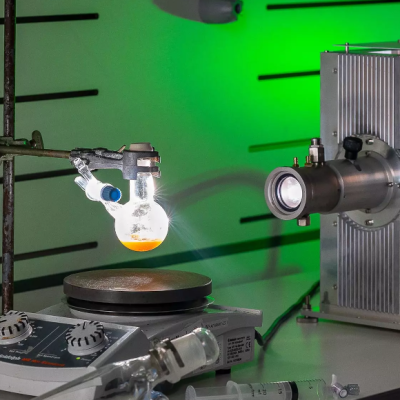Scientists at the Swiss Federal Institute of Technology in Zurich (ETH) and the University of Zurich have developed a new nanomaterial that prevents water from freezing into ice even at temperatures as low as minus 263 degrees Celsius. The researchers were inspired by the behavior of bacteria in extremely cold environments, which survive by using fat molecules to prevent water from freezing. The new material is made up of a new form of lipids, or fat molecules, that form a soft material with a structure of nanochannels less than one nanometer in diameter. The nanochannels are too small to allow ice crystals to form, even at extremely low temperatures.
The researchers synthesized a new form of lipids that behave like natural fat molecules, forming membranes with a regular structure of nanochannels. The structure of the lipid mesophase can be influenced by the water content and temperature. The researchers found that the ratio of lipids to water is crucial in determining the behavior of the lipid mesophase. The new material has potential applications in the isolation of biomolecules, which can be studied using cryo-electron microscopy while stored in the membrane. The new material can preserve the structure of proteins and other molecular complexes, which is essential for freezing them at very low temperatures.
The development of the new nanomaterial is based on the behavior of bacteria in extremely cold environments. The researchers synthesized a new form of lipids that form a soft material with a structure of nanochannels less than one nanometer in diameter. The nanochannels are too small to allow ice crystals to form, even at extremely low temperatures. The new material has potential applications in the isolation of biomolecules, which can be studied using cryo-electron microscopy while stored in the membrane. The new material can preserve the structure of proteins and other molecular complexes, which is essential for freezing them at very low temperatures.










